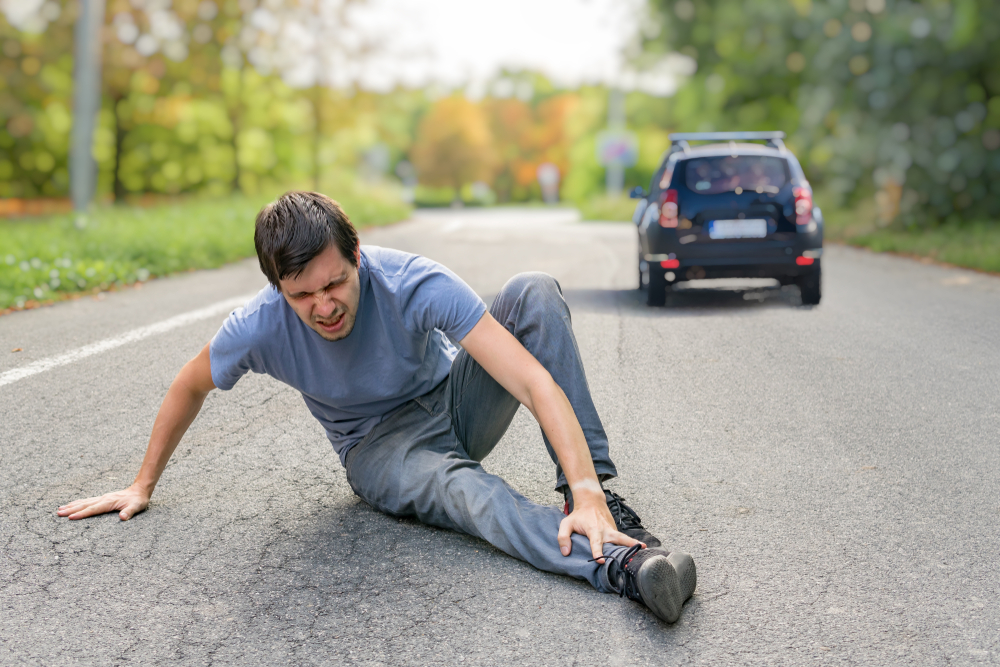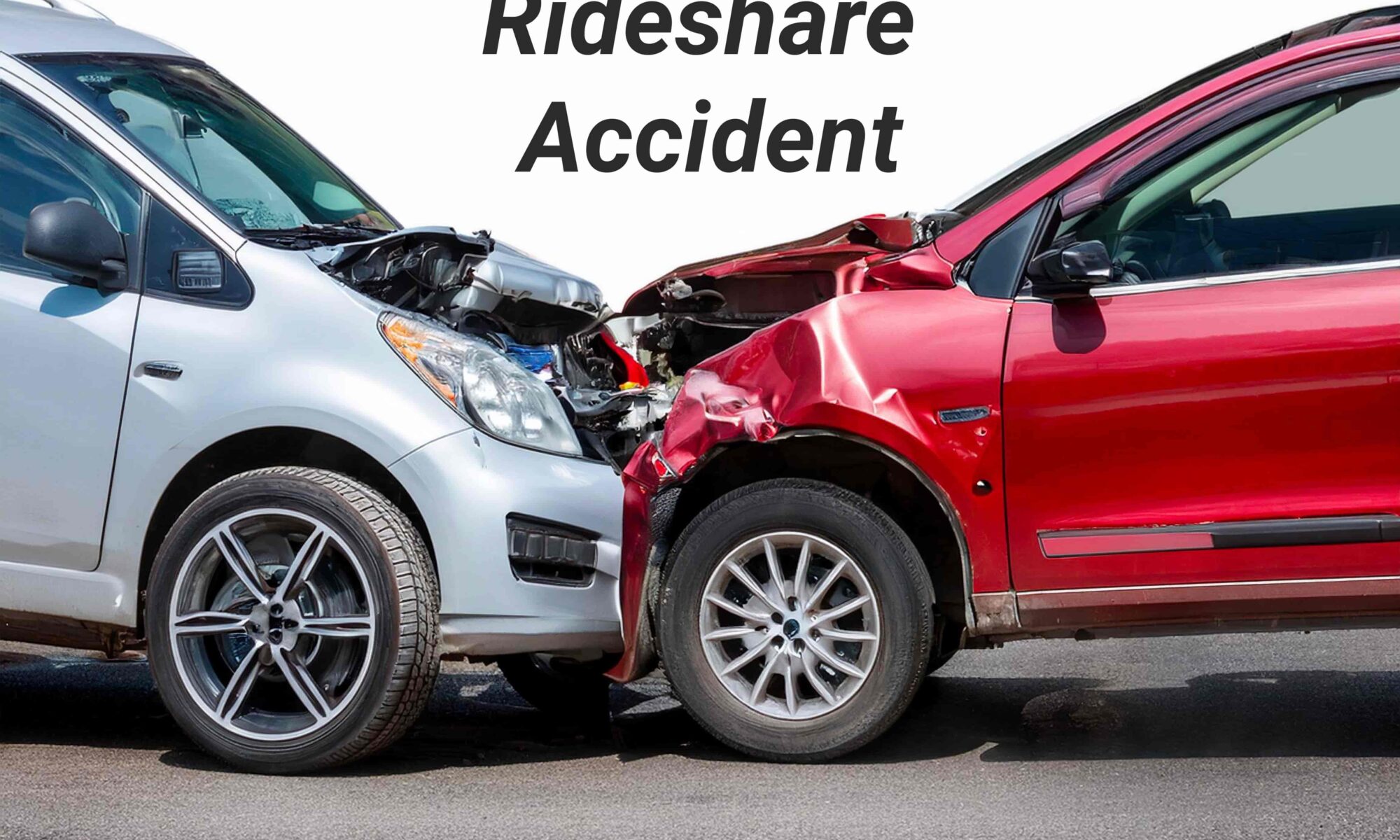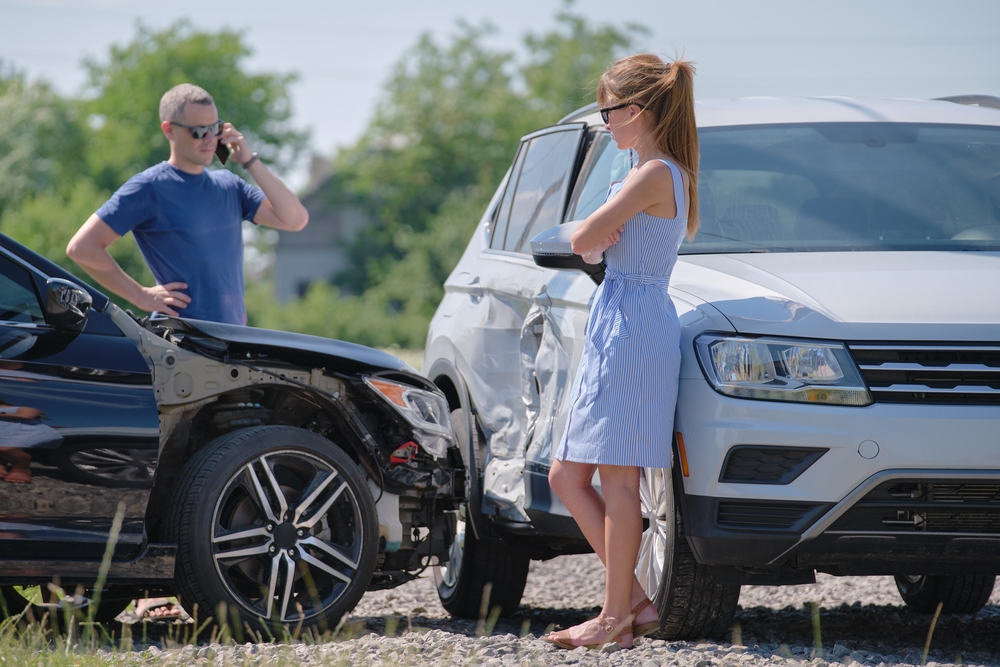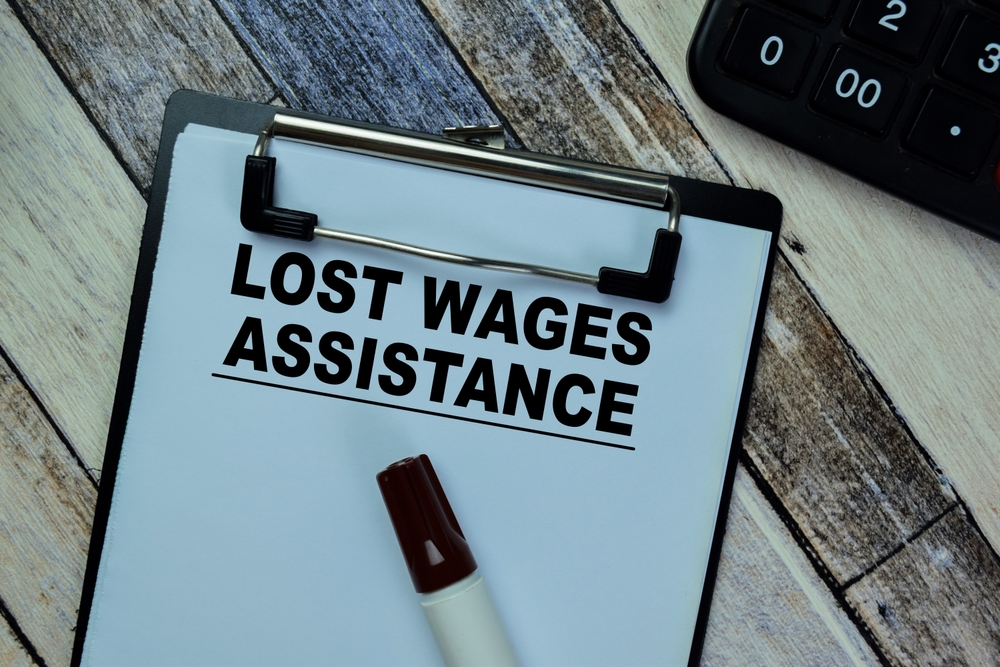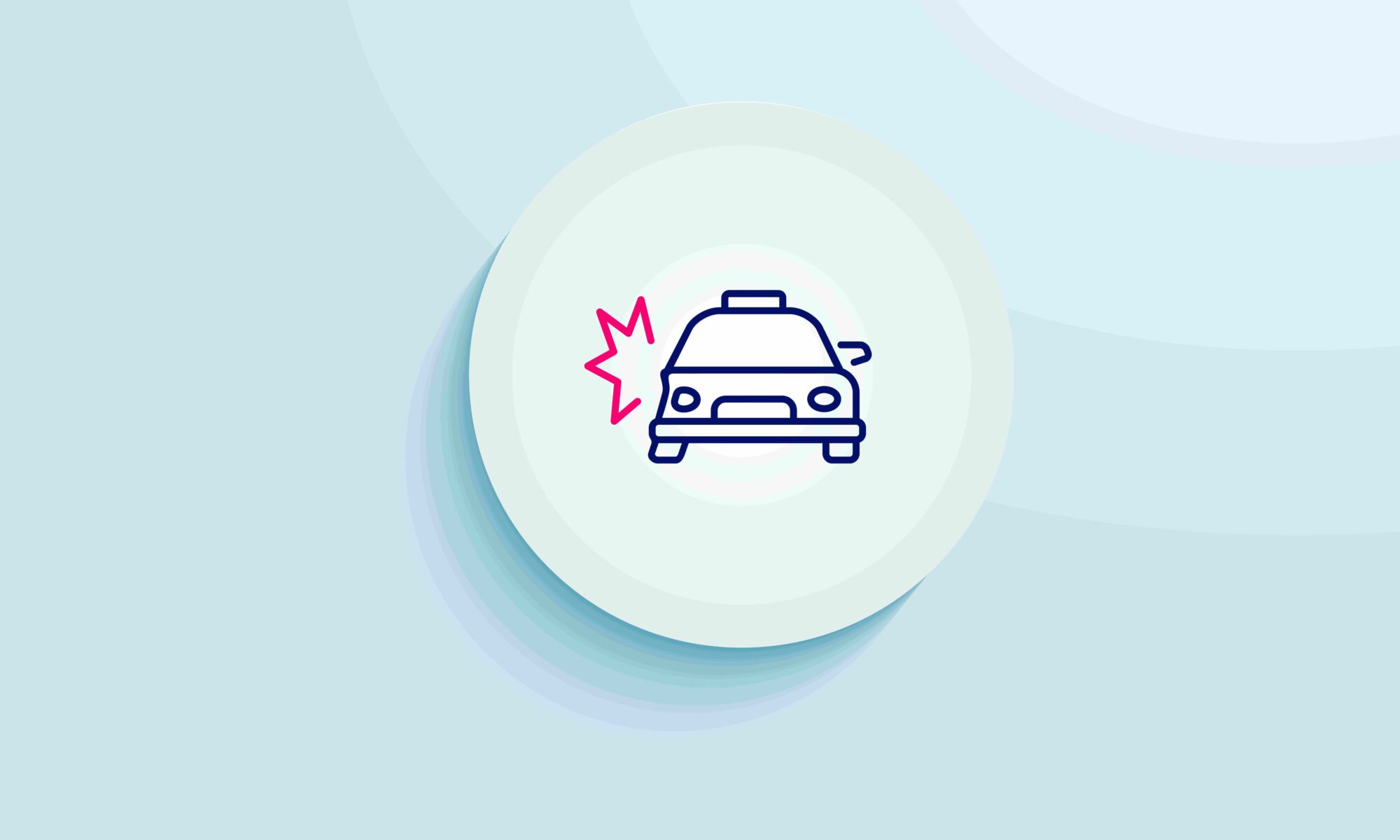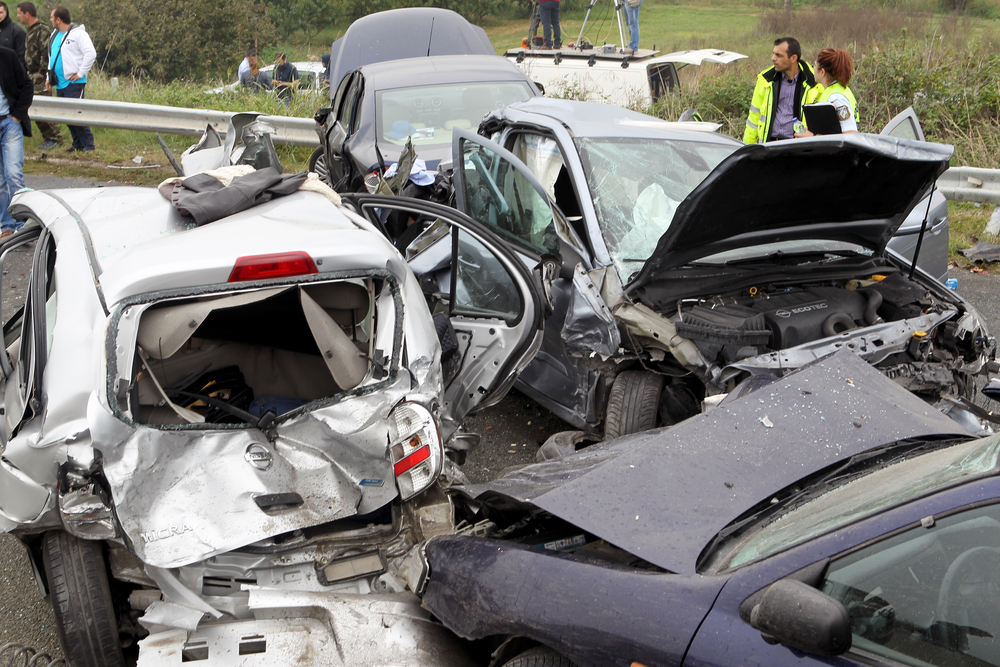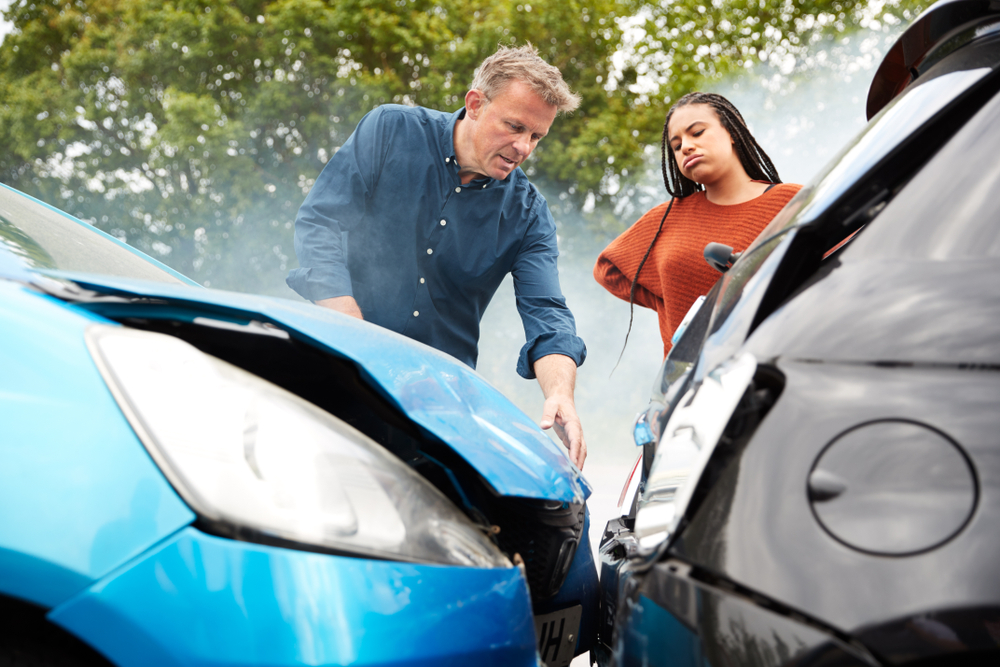If you were hit by an Uber driver while walking in Georgia, you’re probably asking whether you can hold Uber responsible. This question comes up often, especially in cities like Atlanta, where rideshare traffic is constant. As attorneys representing pedestrian injury victims throughout Georgia, we know how important it is to understand your rights after this kind of incident. These cases can be complicated because rideshare companies don’t operate like traditional transportation businesses. They classify their drivers as independent contractors, which impacts how liability is handled.
Still, you may be able to pursue compensation through the driver, Uber’s insurance policy, or both—depending on what the driver was doing at the time of the crash. Georgia law allows injured pedestrians to recover damages from the at-fault party under O.C.G.A. § 51-1-6 and O.C.G.A. § 51-1-8, which outline the legal duty individuals have to avoid causing harm to others. We guide clients through these claims step-by-step, because the insurance process and liability decisions are rarely straightforward when a company like Uber is involved.
How Liability Works In Rideshare Pedestrian Accidents
In Georgia, personal injury claims are based on negligence. If an Uber driver was careless—by speeding, texting, or failing to yield to a pedestrian—they may be found legally responsible under O.C.G.A. § 51-1-2. That gives you the right to pursue compensation for your injuries, including medical bills, lost wages, and pain and suffering.
But what about Uber’s responsibility? Georgia courts typically hold employers responsible for their employees’ actions through a principle called “respondeat superior.” However, Uber drivers are independent contractors, not employees. This limits your ability to sue Uber directly. Still, Uber is required to carry large commercial insurance policies that cover injuries caused by its drivers during certain phases of the ride.
When Uber’s Insurance Applies
Uber’s liability insurance applies differently depending on whether the driver was:
- Logged out of the app (personal insurance applies)
- Logged in and waiting for a ride (limited liability coverage up to $50,000 per person and $100,000 per accident)
- On the way to pick up a passenger or during a trip (Uber’s $1 million liability policy applies)
If you were hit while the Uber driver was in the middle of a ride or en route to a pickup, Uber’s full commercial policy may apply. That’s critical for ensuring full coverage for serious injuries.
FAQs About Uber Pedestrian Accidents In Georgia
Can I Sue Uber Directly For My Injuries?
Most of the time, Uber cannot be sued directly because its drivers are classified as independent contractors. However, you may be eligible for compensation through Uber’s insurance policy if the driver was on the app and actively working. That makes it essential to determine the driver’s status at the time of the accident.
How Do I Know If Uber’s Insurance Applies To My Case?
We start by investigating whether the driver was logged into the app, waiting for a ride, on their way to pick someone up, or actively transporting a passenger. Uber’s insurance coverage is only available if the driver was on duty. We may obtain this information through legal discovery or by requesting data from Uber.
What Compensation Can I Recover After Being Hit By An Uber Driver?
If you were injured, you can seek compensation for medical expenses, lost income, pain and suffering, and any future care needs. In cases of serious injury, we also pursue compensation for long-term disability and diminished quality of life. Georgia law gives injury victims the right to full and fair compensation when another party causes harm through negligence.
How Long Do I Have To File A Claim After A Pedestrian Accident In Georgia?
Under Georgia law, you typically have two years from the date of the accident to file a personal injury lawsuit (O.C.G.A. § 9-3-33). If the deadline passes, you may lose your right to recover compensation. That’s why we encourage clients to contact us early so we can preserve evidence and begin working on the claim immediately.
Can I Still Recover Compensation If I Was Partially At Fault?
Yes, Georgia follows a modified comparative negligence rule under O.C.G.A. § 51-12-33. If you were less than 50% at fault, you can still recover damages, though your compensation may be reduced in proportion to your share of responsibility.
Do I Have To Go To Court To Win Compensation?
Not necessarily. Many pedestrian accident cases are resolved through settlement with the insurance company. However, we are always prepared to take a case to trial if the insurance company refuses to offer a fair amount. We build strong cases from the start to give you the best chance of avoiding trial while still receiving full compensation.
What Should I Do Immediately After Being Hit By An Uber Driver?
Call 911 and seek medical attention. Get the driver’s contact information and insurance details. If possible, take photos of the scene and get the names of any witnesses. Do not speak with Uber’s insurance adjusters without legal representation. Your words may be used against you.
What If The Driver Was Off-Duty When They Hit Me?
If the Uber driver was off the app and not working at the time of the accident, their personal auto insurance would be responsible. In these situations, we look at the policy limits and evaluate whether the driver’s coverage is enough to pay for your damages. If not, we explore other legal options.
Call Shani O. Brooks P.C. Today To Speak With A Georgia Pedestrian Injury Attorney
If you were hit by an Uber driver in Georgia, it’s important to act quickly. At Shani O. Brooks P.C., we’ll investigate your case, determine which insurance policy applies, and fight for the full compensation you deserve. Our legal team is committed to helping protect your recovery—and your future.
Contact our Atlanta pedestrian accident attorney at Shani O. Brooks P.C. Attorneys at Law by calling 404-920-4736 to receive your free consultation. We are located in Atlanta and proudly represent injury victims across the State of Georgia.


